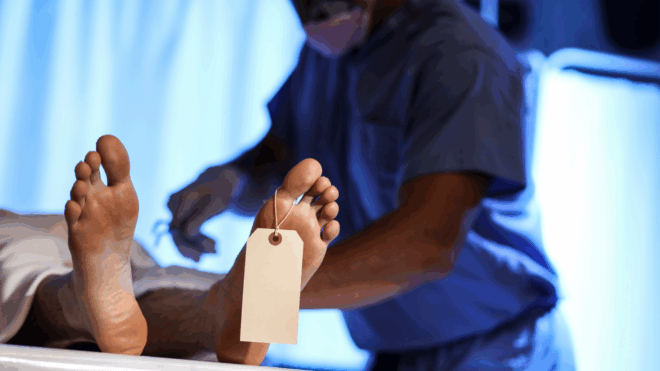We are all guaranteed a few uncomfortable medical experiences in our lives.
For women, that might mean a trip to the gynecologist or a mammogram; for men, it might look more like a prostate exam.
But one exam remains the great equalizer: the colonoscopy. If you've never had a colonoscopy before, it's a good idea to get a sense of what you're getting into ahead of time.
That's because, unfortunately, I am here to break the bad news that almost all of us will have to undergo at least one colonoscopy in our lifetimes.
Depending on your age, health, and risk factors, you may need a routine colonoscopy every year.
However, there are also situations where you can't afford to wait for your next routine appointment, and you need to have your colon examined urgently.
But how, exactly, do you know if you need a colonoscopy immediately?
Scroll through below to learn the alarming red flags that mean you need to schedule a colonoscopy right away.
Thumbnail Credit: Wikimedia Commons / Wikimedia Commons
What Is A Colonoscopy?
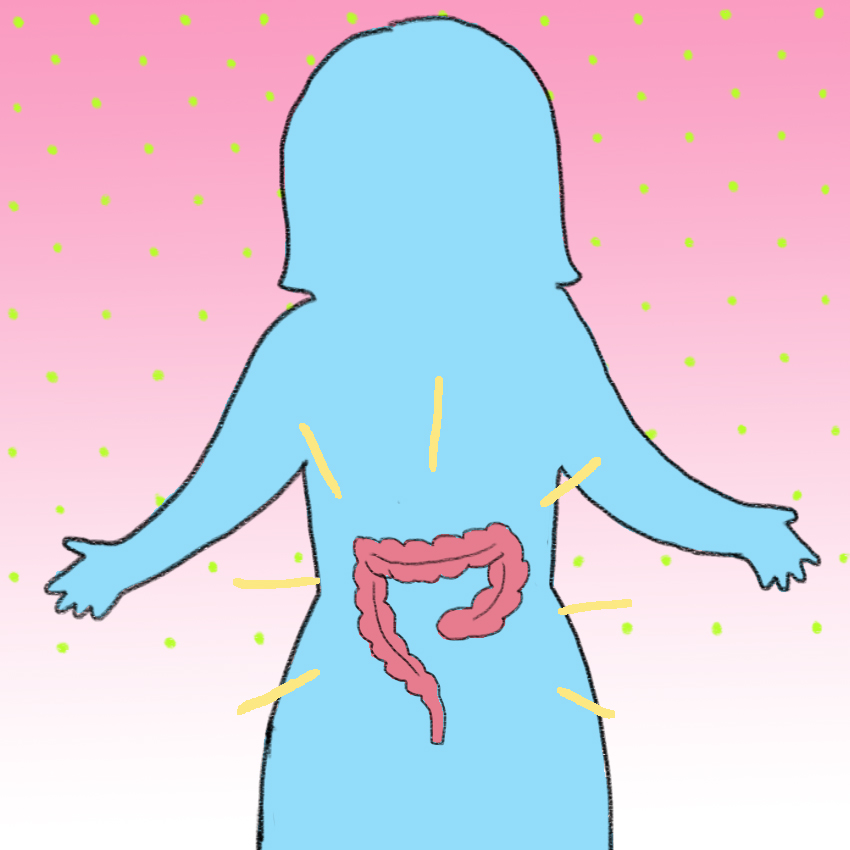
According to the Mayo Clinic, a colonoscopy is an internal examination of your large intestine, otherwise known as your colon and rectum.
The examination is done with a tiny flexible tube with a videocamera on the end.
What Does A Colonoscopy Look For?
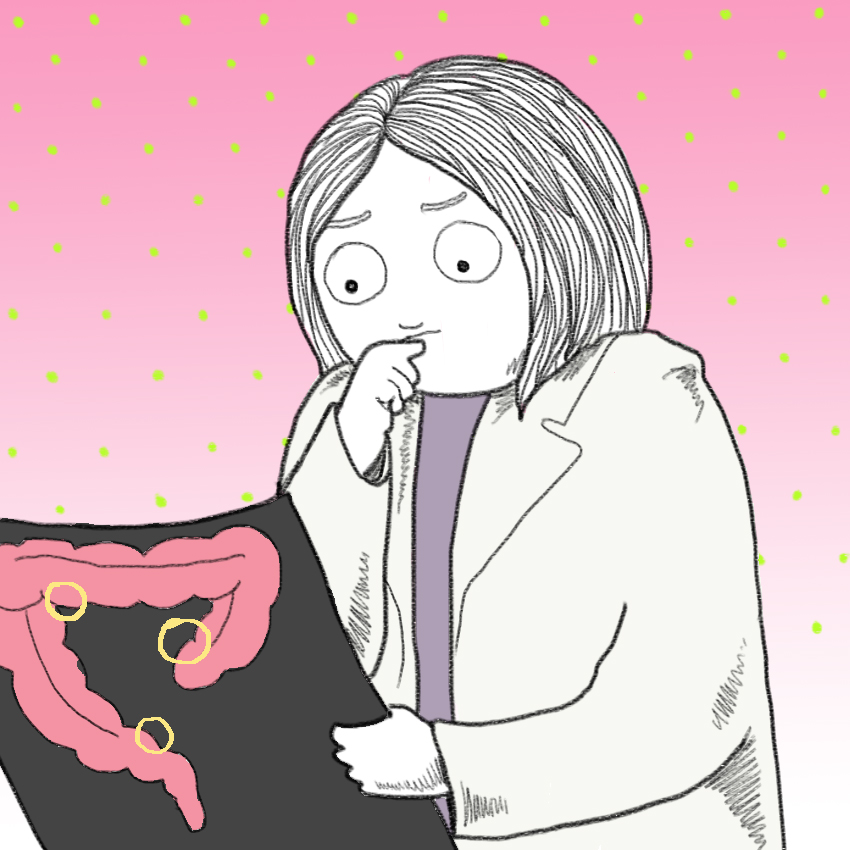
The video camera is inserted to help doctors detect changes or any abnormalities that could indicate cancer or other intestinal problems.
The tube also collects tissue samples that the doctor can test to be sure of what they're looking at.
Doctors will also check for polyps, clusters of cells which are usually benign, but might develop into cancer down the line, according to the Mayo Clinic.
Who Needs A Colonoscopy?

Since men and women are at the same risk for colon cancer when they turn 50, as reported by Beth Israel, anyone at that age should get one.
It is also important get checked if you have a family history of colon cancer.
If you have a personal history of gastrointestinal disease, you may also be at higher risk, and require more frequent screening.
When Do You Need A Colonoscopy? Sign #1: Your Bowel Movements Look Odd
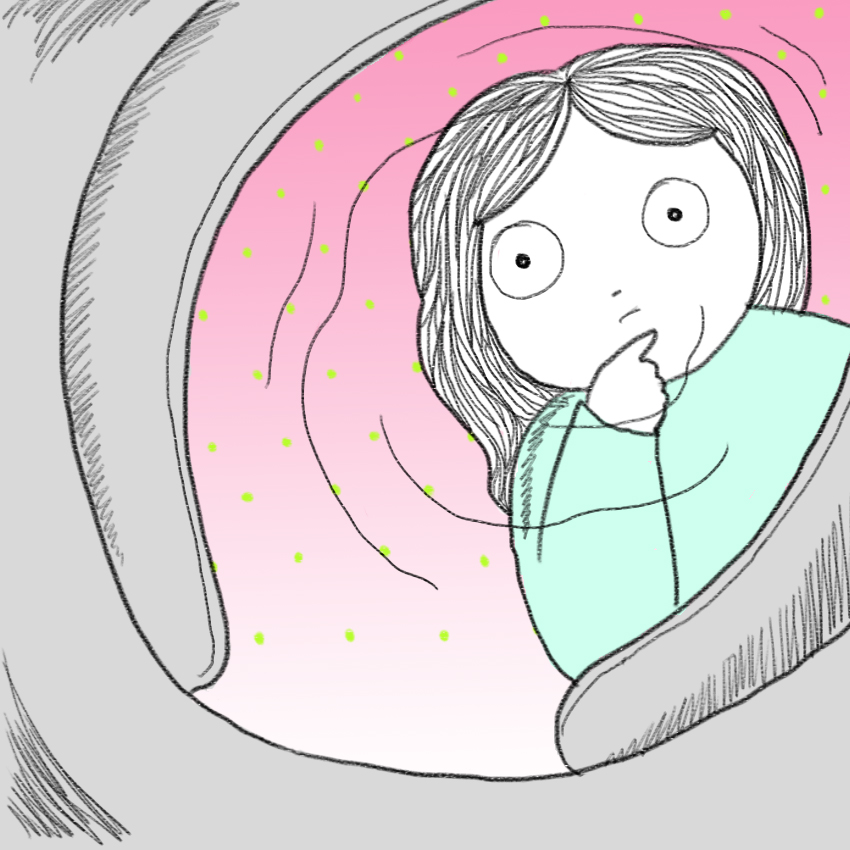
According to The American Cancer Society, someone with colorectal cancer might notice a change in their bowel movements.
This can range from diarrhea, constipation, or even occasionally blood in the stool, which isn't as easy to see as one might think.
You might also notice that your stools are very narrow, which means something might be blocking part of your intestine.
If you notice any of these signs, talk to your doctor immediately.
Sign #2: You Feel Crampy All The Time
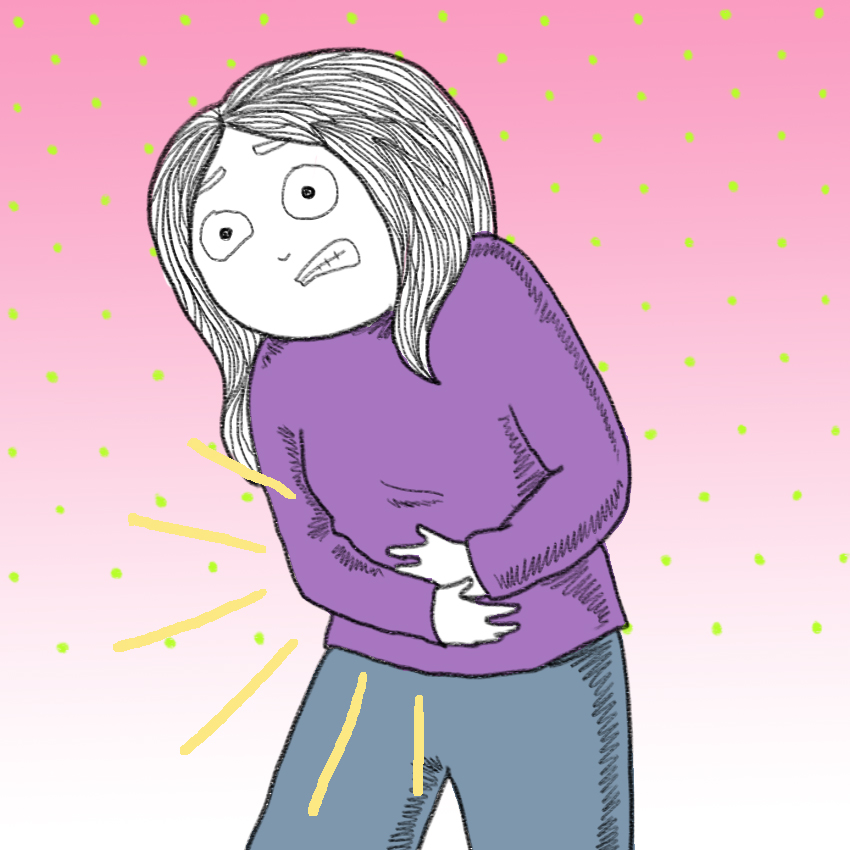
Most intestinal cramping is just caused by gas, but there are times when something more worrisome is causing it.
For example, if you often suffer from gas cramps, there might be something in your colon that is consistently trapping the gas, which might indicate a blockage or abnormality, according to the American Cancer Society.
Sign #3: The Pounds Are Falling Off

Weight loss can't possibly be a bad thing, right?
Well, if you drop 10 or 15 fifteen pounds out of the blue, without trying, you need to make an appointment.
Another indicator of colon cancer is unexplained weight loss because your colon isn't functioning correctly and isn't absorbing nutrients from your food.
Sign #4: You Are High Risk
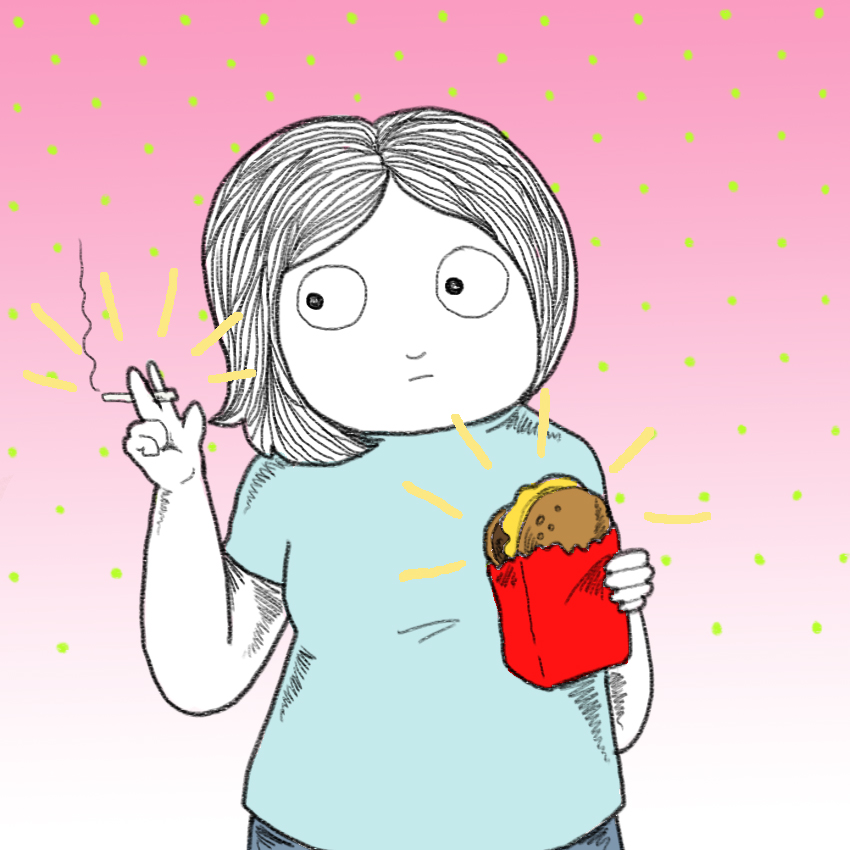
You are at a higher risk of an ailment that requires a colonoscopy if you have a family history of any related diseases or suffer from any inflammatory intestinal issues, like Crohn's disease or ulcerative colitis.
Additionally, people with high blood pressure and high cholesterol, smokers, and people of African-American descent are at higher risk to develop colon cancer.
Sign #5: You've Had Tummy Trouble
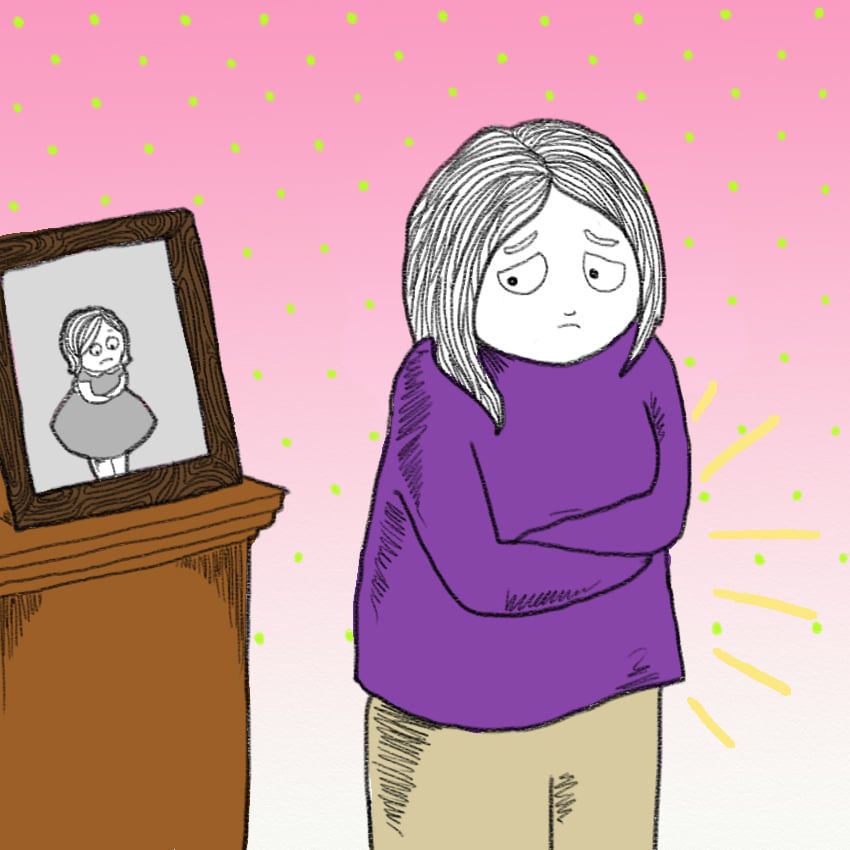
A history of stomach and digestive issues is another very valid reason to get a colonoscopy.
The examination might help clear up what is causing discomfort and indigestion, and help you reach a diagnosis that will make you more comfortable.
Additionally, people with chronic digestive issues should have colon exams more frequently, because some digestive issues put you at a higher risk for developing more complex diseases, including colon or rectal cancer.
How Do You Prepare For Your Colonoscopy?

Before your colonoscopy, there are a few things you should do to prepare.
Avoid high fiber foods and opt for things that are more easily digested and passed through your body instead. Your doctor might even recommend laxatives.
What Happens After A Colonoscopy?

After a colonoscopy, your doctor will let you know whether they visually detected any abnormalities.
If so, they will collect the tissue samples and send them off for testing.
They might choose to remove any polyps right then and there, and can also keep you up to date about any further treatment you might need.
Make sure to SHARE these signs with your friends on Facebook to keep everyone healthy!



